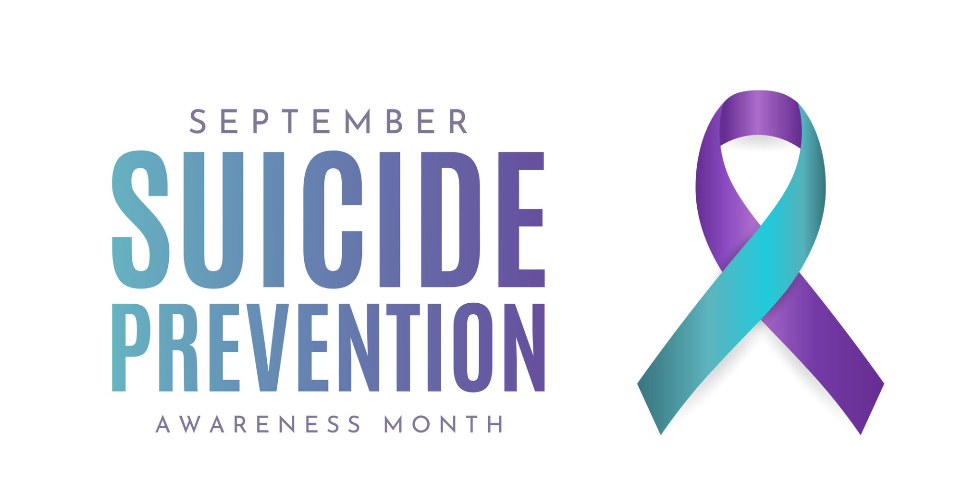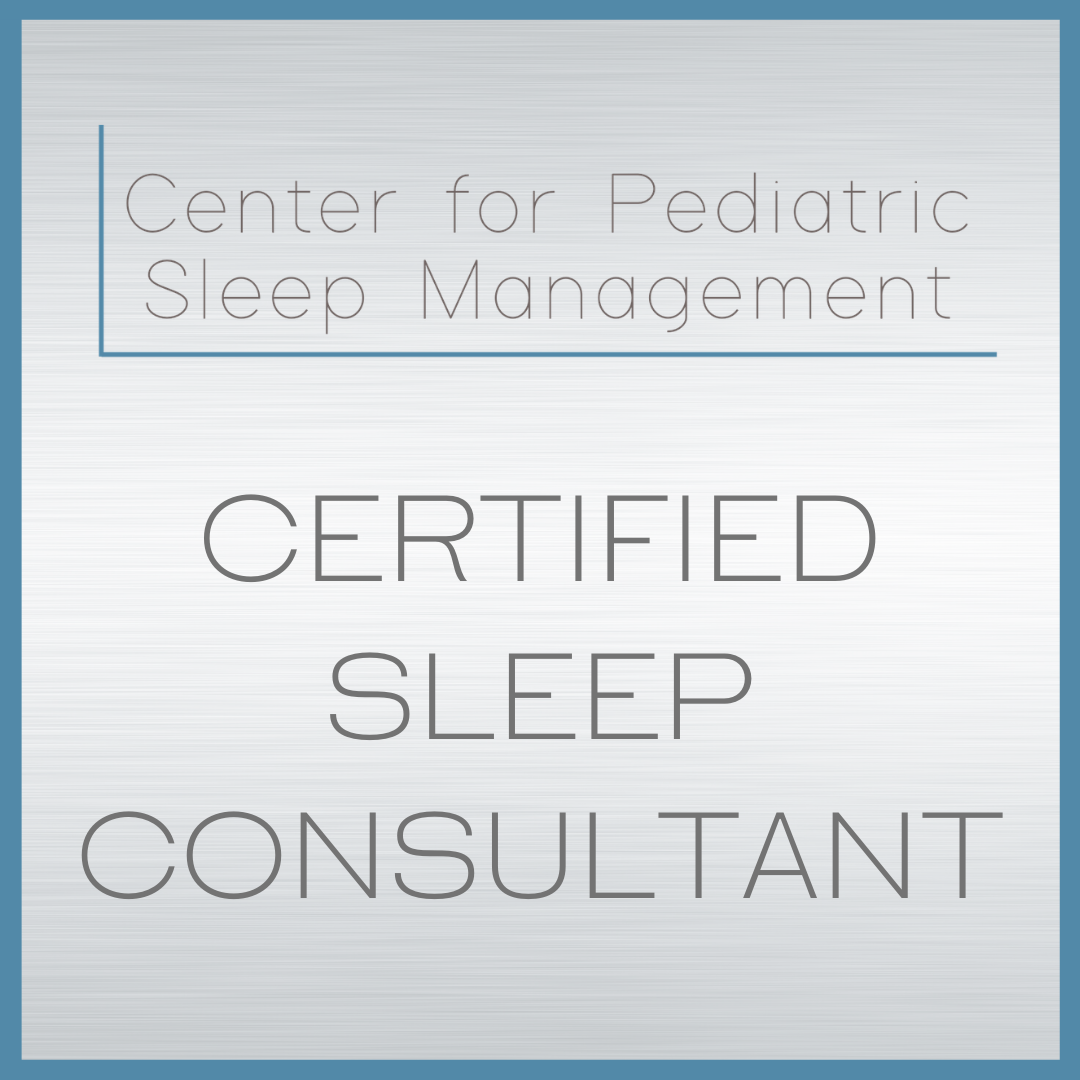Why Does My Baby Keep Waking Up Right After Falling Asleep?
Lacy Hess • September 25, 2024
Understanding False Starts: 5 Reasons Your Baby Wakes Up After Bedtime and How to Fix It

Have you ever put your baby to bed, breathed a sigh of relief, only for them to wake up less than an hour later?
You’re not alone—many parents experience this frustrating phenomenon known as a False Start.
But why do false starts happen? Let's look at
5 common reasons your baby wakes up shortly after falling asleep:
1. Overtiredness
If your baby is overtired, it can be harder for them to stay asleep, even if they seem exhausted.
2. Under-tiredness
If your baby isn’t quite ready for sleep, they may wake up shortly after falling asleep.
3. Sleep Environment
Too much noise, light, or an unfamiliar setting can interrupt your baby’s sleep. Make sure the sleep environment is quiet, dark, and comfortable.
4. Sleep Associations
Babies often rely on sleep associations like rocking, feeding, or pacifiers to fall asleep. If they wake up briefly and can't find these, they’ll have trouble going back to sleep on their own.
5. Hunger or Discomfort
Discomfort from teething, illness, or hunger (especially from poor daytime feeding) can lead to restless sleep and frequent wake-ups.
How to Help Your Baby Sleep Better
If your baby struggles with false starts or constant night waking, here are a few steps you can take:
•
Create a predictable routine: Establish a consistent feeding schedule, sleep schedule, and bedtime routine to signal that it’s time to wind down.
•
Manage teething pain: If teething is disrupting sleep, offer relief with a cool washcloth, teething ring, or a pediatrician-recommended pain reliever like Tylenol or Ibuprofen.
•
Encourage independent sleep: Teaching your baby to fall asleep independently is key to preventing false starts and helping them sleep longer stretches overnight.
Free Sleep Resources for Your Baby
Want more tips to improve your child’s sleep? Download my FREE Top 3 Sleep Tips and Sample Sleep Schedule to set your baby up for sleep success. These resources are designed to help you create a healthy sleep routine that works for your family.
Book Your Free Sleep Consultation
If you're still struggling with false starts, night wakings, or sleep regressions, and looking for more personalized support, I'm here to help. I offer a FREE 15-minute consultation where we can discuss your baby’s sleep challenges and how I can help bring sleep back to your home.
Let’s make sleep a reality for your family—reach out today!




